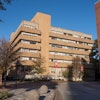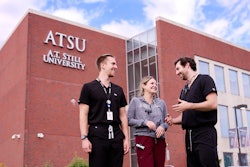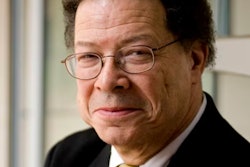Economy brightens job picture for professional school graduates
For former U.S. Navy Lieutenant Chris Burke, the end of the Cold
War impressed upon him the very real possibility that a downsizing U.S.
military could limit his career advancement opportunities. Trained as a
nuclear engineer, Burke saw reductions in the Navy’s nuclear-powered
fleet as a risk he wanted to avoid.
In 1993, Burke gained admission to the University of Virginia (USA)
law school. The idea of combining engineering expertise with a legal
education convinced Burke, a 1985 U.S. Naval Academy graduate, that he
might have a bright future in patent law. After enrolling in law
school, however, he won admission to UVA’s business school and became a
joint JD-MBA candidate.
As graduation got closer during the spring of 1997, Burke had six
job offers — mostly in business and at least one legal opportunity.
Having developed a keener interest in business during graduate school,
he accepted a position as a management consultant with the A.T. Kearney
Company. His job requires him to use both his engineering and business
skills.
“It was definitely a buyer’s market, so to speak, in terms of there
being opportunities in the job market,” Burke says of the employment
offers he entertained while at UVA.
He believes that graduating into a prosperous economy with degrees
from professional schools increased his employment options.
“It so happens that my timing was pretty good. I graduated at a good time,” Burke says.















